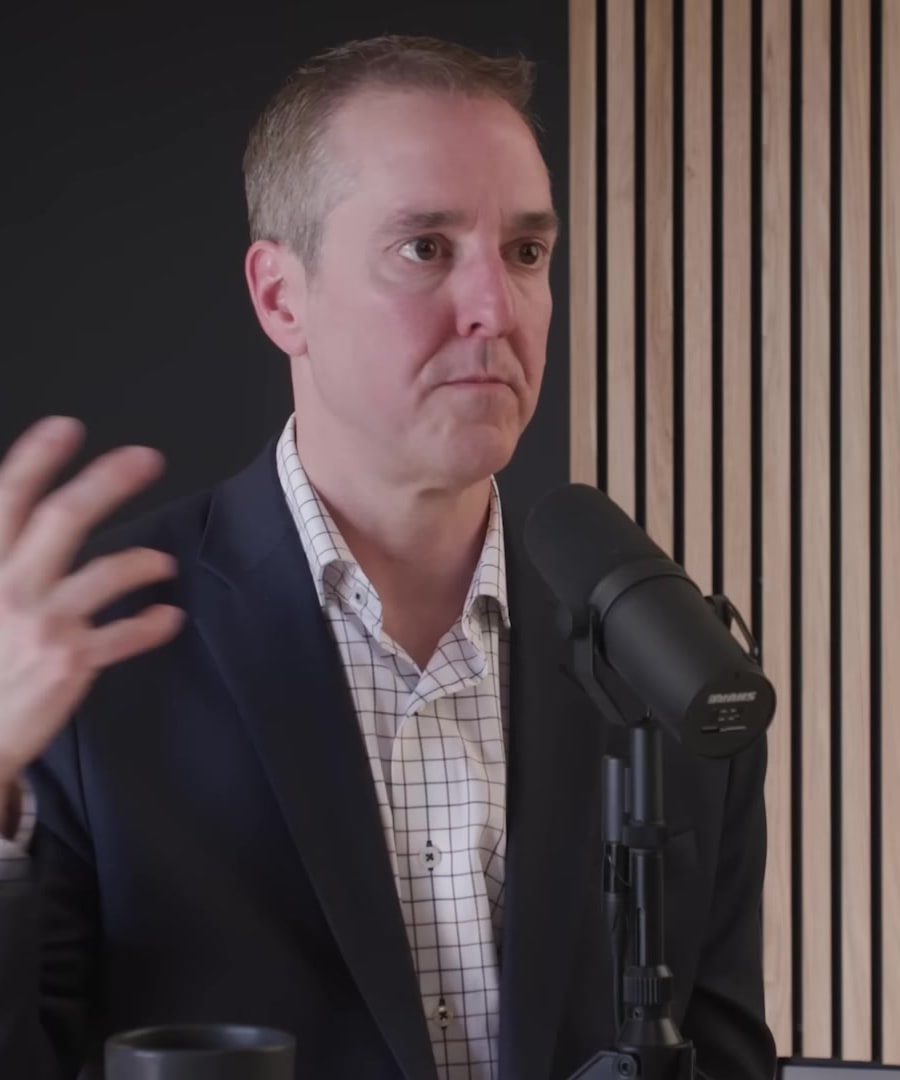maintenance insomnia
Sources:
Maintenance insomnia, as discussed by Dr. Matthew Walker and , refers to the pattern where individuals wake up during the night and find it difficult to fall back asleep. In the context of cortisol levels, both healthy sleepers and those with insomnia may show similar patterns during the day. However, at night, individuals with insomnia tend to have a spike in cortisol levels at the onset of sleep and potentially another spike in the middle of the night, which corresponds to waking periods during sleep. These fluctuations in cortisol levels reflect the challenges faced during sleep onset and maintenance in those suffering from insomnia 1.
RELATED QUESTIONSWhat are some common causes of maintenance insomnia?
The identifies several common causes of maintenance insomnia. These include:
- Stress and Anxiety: Emotional stressors can induce hyperarousal, which disrupts sleep and may cause individuals to awaken during the night.
- Irregular Sleep Schedules: Inconsistent bedtimes and wake times can confuse the body's circadian rhythm, making it difficult to maintain sleep.
- Substance Use: Consumption of alcohol, caffeine, or other stimulants close to bedtime can interfere with the ability to stay asleep.
- Hormonal Changes: Fluctuations in hormones, such as those seen during menopause, can impact sleep patterns and lead to disruptions.
- Environmental Factors: Noise, light, or uncomfortable temperatures can disturb sleep and cause frequent awakenings.
These factors contribute to difficulty maintaining sleep, often leading individuals to wake up at night and struggle to fall back asleep. It's important to address these underlying causes to improve sleep quality.
RELATED QUESTIONSCan you give me some tips for improving sleep hygiene to prevent maintenance insomnia?
Sources:
Improving sleep hygiene can be crucial for preventing and managing maintenance insomnia. Here are some effective tips discussed on the :
-
Regularity: Stick to a consistent sleep schedule. Go to bed and wake up at the same time every day, even on weekends. This helps regulate your body's internal clock and improves the quality and quantity of your sleep 1.
-
Create a Sleep-Inducing Environment:
-
Wind-Down Routine: Establish a calming pre-sleep routine that may include reading, light stretching, or meditation. This helps transition your body into sleep mode 3.
-
Limit Exposure to Screens: Reduce exposure to the blue light emitted by screens, as it can interfere with melatonin production. If necessary, use blue light filters on your devices 3.
-
Deal with Worries: Try to resolve any worries or stress before bedtime. Journaling or practicing mindfulness can help manage thoughts that might disrupt sleep 4.
-
Avoid Stimulants: Limit the consumption of caffeine and other stimulants in the hours leading up to bedtime to prevent them from affecting your sleep cycle 2.
These strategies serve as part of a broader approach to improving sleep hygiene, which can significantly affect sleep quality and duration, thereby helping in the management of maintenance insomnia.
RELATED QUESTIONS-
maintenances insomnia cures
Sources:
For treating maintenance insomnia, Chris Palmer and on the suggest a blend of strategies, including dietary changes, supplements, and, if necessary, prescription medications:
-
Supplemental Support: Supplements like melatonin and magnesium are recommended. These can help calm the body and support better sleep cycles 1.
-
Carbohydrate Intake: Consuming some carbohydrates in the evening could help calm your body and prepare it for sleep. This could be implemented either during dinner or just before bedtime 1.
-
Prescription Medications: In cases where supplements and diet adjustments do not suffice, short-term use of prescription sleep medications, specifically benzodiazepines (e.g., Ativan for three to seven days), followed by a plan to taper off, can be adopted. This approach is used to break cycles of poor sleep temporarily 1.
-
Cortisol Management: Monitoring and understanding the patterns of cortisol, a stress hormone that typically decreases at night but can spike in people with insomnia, may play a vital role. Identifying and managing the causes of cortisol spikes during bedtime can be crucial in dealing with maintenance insomnia 2.
These strategies should be tailored to individual needs and medical conditions, ideally under the guidance of a healthcare provider to ensure safety and effectiveness.
RELATED QUESTIONS-
maintenance insomnia
- RELATED QUESTIONS
What are some common causes of maintenance insomnia?
- RELATED QUESTIONS
Can you give me some tips for improving sleep hygiene to prevent maintenance insomnia?
- RELATED QUESTIONS
maintenances insomnia cures
- RELATED QUESTIONS





